Central Washington congressman Dan Newhouse has written the head of the Environmental Protection Agency seeking an investigation of EPA staffers in Seattle he believes colluded with environmental activists to close a Granger-area dairy.
Two of the environmental lawyers cited in Newhouse’s letter called his claims “laughable” and “a political act in complicity with the dairy industry.”
In his June 2 letter to Administrator Lee Zeldin, a Donald Trump appointee approved to head the EPA in January, Newhouse said coordination between “career staff” in the Seattle EPA Region 10 office and “extreme environmental activist groups” resulted in the closure of Cow Palace Dairy earlier this year.
“For the last 15 years, and perhaps longer, career staff in several divisions – including the air and radiation division, and enforcement and compliance assurance division – had free rein to pursue their own activist agenda,” Newhouse wrote.
“The result of the coordination was the closure of the Cow Palace dairy, which had been in operation since 1972. More than 120 employees lost their jobs, and Cow Palace was forced to liquidate their herd of 7,500 dairy cows,” he added.
Newhouse’s letter included documents provided under the Freedom of Information Act that show email communication between environmental lawyer Charlie Tebbutt and EPA employees John Moore, Danielle Granatt and Eric Winiecki.
He also shares documents emailed by “activist” Amy van Saun of the Center of Food Safety to EPA employees Edward Kowalski and Jeff Kenknight, and a Sept. 12, 2024, emailed invitation from the Department of Justice to Tebbutt, van Saun, and various EPA and DOJ officials to discuss “U.S. v. Cow Palace et al Coordination,” as stated in the email’s subject line.
Newhouse states the emails and other documents shared in his letter to Zeldin "demonstrate clear coordination between EPA career staff and the anti-animal agriculture environmental activists."
"The purpose of the federal government is to provide Americans with essential services, including navigating the complex regulatory burden placed on farmers," he wrote. "This coordination is appalling and should be investigated; if career staff did in fact coordinate with activists to target farmers, then those staff are not worthy of a taxpayer-funded salary."
Nitrate litigation background
Earlier this spring, the family-owned Cow Palace Dairy, one of three dairies involved in litigation with the EPA, announced its closure, and its owners cited ongoing efforts and expense of addressing nitrate contamination as among the reasons.
Just north of Granger, the open-lot dairy had thousands of cows and could produce more than a half-million pounds of Grade A milk each day. Cow Palace President Adam Dolsen is the third generation of the Dolsen family to own and operate the company.
The family’s attorney, Brendan Monahan of Yakima, issued a statement March 11 on behalf of the Dolsens confirming the dairy is closing.
“The decision to cease operations was the direct result of the expense and uncertainty posed by what the company views as the unrelenting litigiousness of the EPA,” Monahan wrote.
“Cow Palace has worked closely and collaboratively with the EPA and community groups for over a decade now, spending extraordinary sums to double-line its lagoons and implementing every single control measure that was asked of it,” he added. “But despite a consistent record of compliance, the EPA continues to make demands that have made dairying under these conditions unviable.”
An EPA website for Lower Yakima Valley groundwater users shows the nitrates-affected area is east of Zillah and northeast and across Interstate 82 from Granger.
According to the Centers for Disease Control and Prevention, exposure to high nitrate levels can decrease the blood’s ability to carry oxygen. Babies and older adults are at the highest risk for becoming sick from high exposure to nitrates.
In December, a federal judge granted a preliminary injunction requested by the EPA that would force three Granger-area dairies – the Cow Palace, DeRuyter and Bosma dairies – to test for nitrates in nearby residential drinking water.
The decision from U.S. District Judge Thomas Rice would require the dairies to conduct well testing and, if needed, provide bottled water or water treatment systems to nearby residents at risk from nitrate-contaminated wells.
Rice’s ruling was part of a lawsuit filed claiming that the three dairies failed to comply with a legal agreement they entered into with EPA in 2013 to adequately control nitrate contamination from their operations.
Since the EPA lawsuit was filed in June 2024, the Liberty-Bosma dairy closed and auctioned off its cows in fall of 2024, said Dillon Honcoop, communications director at Save Family Farming.
The Everson, Wash.-based farming advocacy group praised Newhouse’s letter to the EPA this week.
“While Washington state’s farmers continue to wait for action by EPA to rein in its out-of-control bureaucrats in the Region 10 office, we are encouraged to see Congressman Newhouse elevate this issue to top leadership in Washington, D.C.,” wrote Ben Tindall, executive director of Save Family Farming.
“We will continue to highlight the falsified science, the records manipulation, the abusive litigation and the backdoor coordination with anti-farm activists,” Tindall added. “EPA Region 10 has actively pursued an agenda to harass and destroy the livelihoods of hard-working farm families. That campaign must be stopped — completely and permanently.”
Environmental lawyers respond
Two of the lawyers cited in Newhouse’s letter as collaborating with the EPA, Tebbutt and van Saun, said the Region 10 officials should be praised, not investigated, for their efforts to collaborate with and help Central Washington residents affected by polluted drinking water.
“The United States government brought suit against the Cluster Dairies in 2024, which includes Cow Palace, to address the rampant pollution of many square miles of aquifer supplying drinking water to thousands of people in the lower Yakima Valley,” Tebbett wrote Tuesday in an email to the Yakima Herald-Republic.
“EPA should be investigating why the NRCS, departments of agriculture, state environmental and health agencies, and the EPA itself has so utterly failed to protect human health and the environment for decades,” Tebbett wrote.
He called Newhouse’s letter to the EPA “nothing more than a political act in complicity with the dairy industry” and disputed the claim that lawsuits or EPA actions forced Cow Palace to close.
“Cow Palace chose to stop its operations when it was required to internalize the costs of doing business, rather than continuing to externalize its costs by dumping its manure into the public water supplies,” Tebbutt wrote.
Van Saun, whose Center for Food Safety nonprofit organization has offices in Portland and San Francisco, said it was “laughable” that the EPA could be accused of impropriety as it works with environmental advocates and the public to protect the environment and clean water.
“Sound science from the last several decades shows that this type of manure management at mega-sized dairies has caused tens of square miles of contaminated aquifers in the Lower Yakima Valley,” van Saun wrote in an email to the Herald-Republic.
“This nitrate contamination is odorless, flavorless, and colorless, and causes all kinds of chronic health harms, from reproductive to cancers,” van Saun added. “I would like to know why Congressman Newhouse thinks that rural communities having access to clean drinking water is 'extreme.'"
Like Tebbutt, van Saun wrote that Cow Palace shut down after many years of violations of federal and state law, despite several chances to come into compliance.
“This is not the federal government swooping in out of the blue: This is what happens when an industrial actor cannot comply with the basic laws that protect our water,” van Saun wrote. “EPA was just doing what Congress intended with the Safe Drinking Water Act and Clean Water Act: protecting our precious water sources from industrial contamination.”

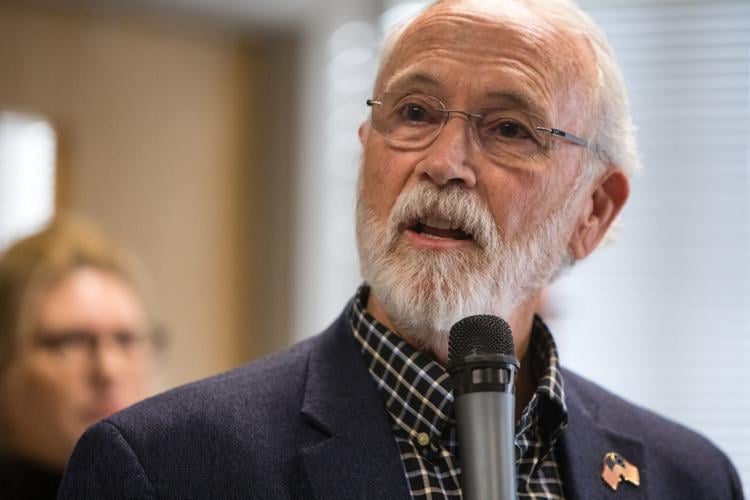
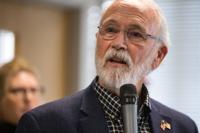
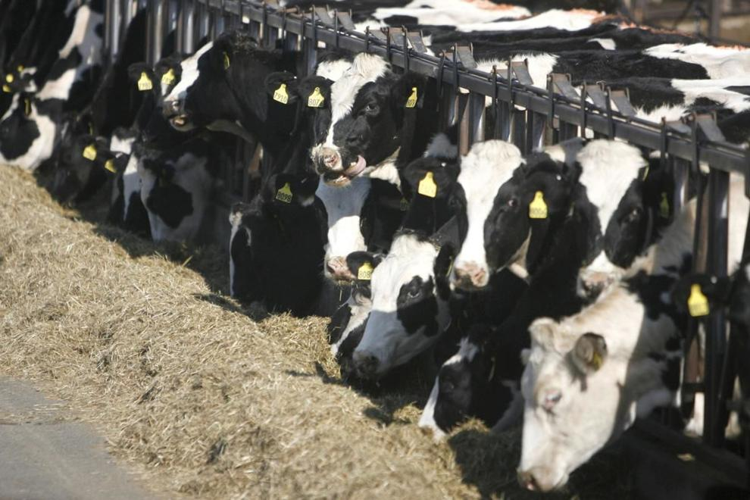
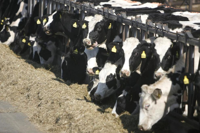

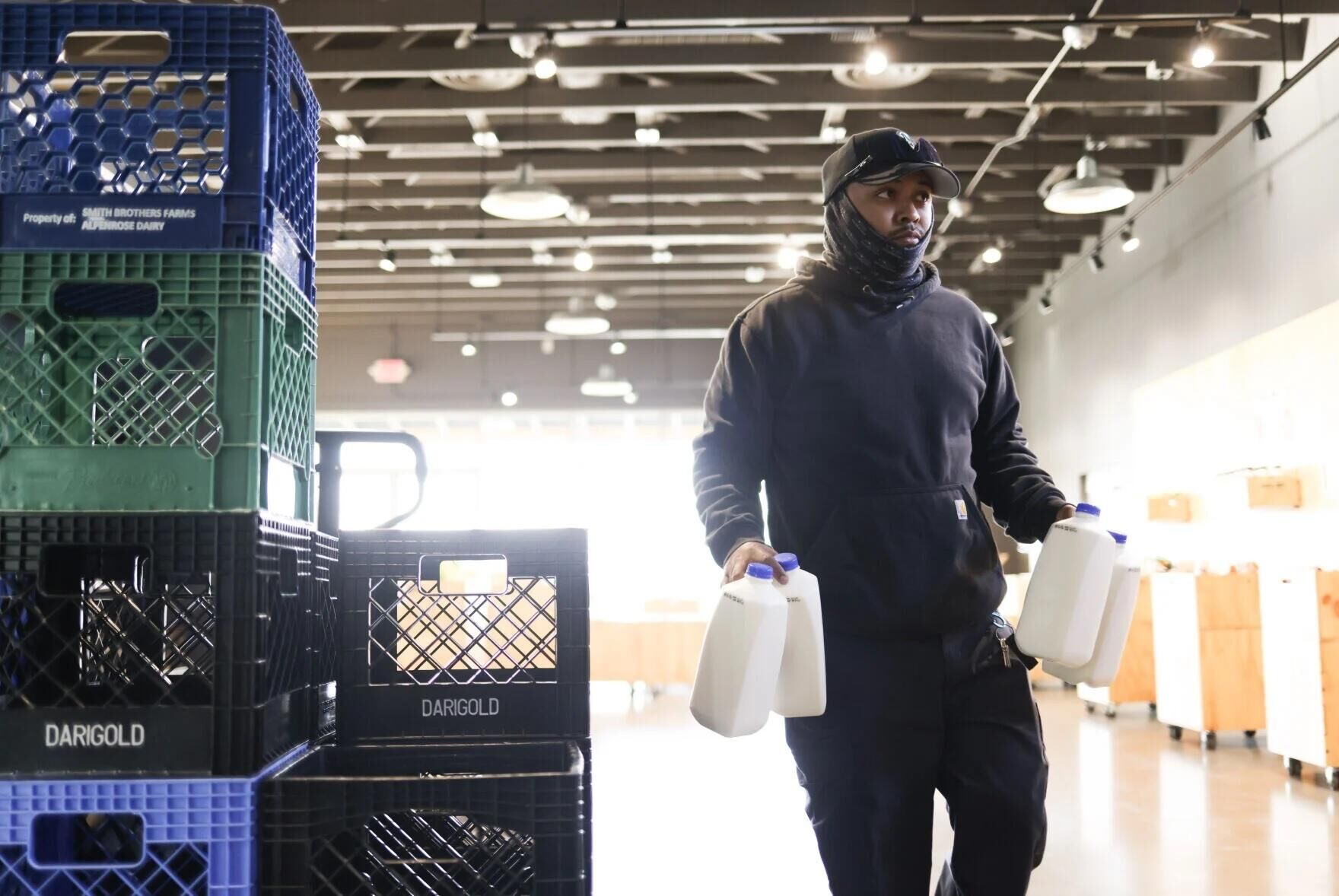

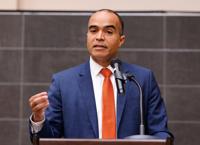



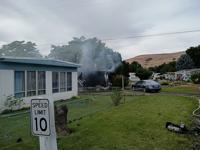
(0) comments
Comments are now closed on this article.
Comments can only be made on article within the first 3 days of publication.